Views differ considerably when it comes to the debate over whether successful people should try new things versus doing only what they are good at or comfortable with. Some believe that people need to create their own niches in the world and stick with those niches; thus, doing things that are unfamiliar would be considered unprofitable. Others feel strongly that, in order to be successful, one must always be willing to try something new and explore other options. Both viewpoints are valid; however, I favor the latter idea: people who are successful are always trying something different and looking for a better way to do things.
Last week I wrote about facing fear with courage, and we can continue the discussion by looking at it from a different angle. The most impactful things I have done in my life and career were not the things I was comfortable doing; in fact, most of them made me quite uncomfortable.
Some of these things were big life-changing decisions, such as moving from British Columbia, Canada to Washington D.C., U.S.A. to become an Area Director for ConMed and manage its Southeast Region. Throughout my career, many other things have made me feel uncomfortable—cold calling, meeting new people, conducting continuing education presentations for my clinicians—these things were all extremely difficult until I got used to doing them.
It feels good to be familiar with our surroundings; however, in my experience, successful people are willing to put themselves in new and unfamiliar situations. This doesn’t mean they are changing just for the sake of changing; however, they know that getting too comfortable can cause them to lose their drive.
Successful people try new things and take risks rather than only doing what they know how to do well.
In fact, over the past 15 years of selling medical devices, I have observed that successful people love change, whereas unsuccessful people do everything in their power to resist change and keep it from happening. To be clear: we never want to change things that are working well, but we always need to look for ways to improve things, including ourselves. When faced with these changes, successful people embrace them instead of rejecting them, for they are always examining themselves and their business, seeking ways to improve. These successful people never rest on their laurels and past successes; they are obsessively impatient with results, and they always feel they could have accomplished more.
Many of us are afraid of change. Salespeople often have a high need for approval, and we all want affirmations. It is easy to measure ourselves based on “what everyone else is doing,” but this mentality can keep us from spending the time and effort to push ourselves to be even better. I’ve been as guilty of that as anyone. I realize that my stalling points in my career and life came when I got comfortable and decided I “knew everything.” As Harry Truman said, “It’s what you learn after you know it all that counts.”
The first key to understanding Truman’s statement is deciding that you are never going to be a “know-it-all.” The second key may seem contradictory, but it is not: you must acknowledge that if you aren’t constantly trying to “know it all,” then you will most certainly fall behind.
In a previous post, I discussed Newton’s law of inertia, which states the following:
“Objects at rest stay at rest, and objects in motion stay in motion unless acted upon by an outside force.”
In other words, we are either getting better or getting worse—but we never stay the same.
Successful people are continuously adapting. Change doesn’t scare them—it excites them! They are willing to accept and embrace change, and this quality is one hallmark of a true winner!
It’s very difficult to embrace change when things are going pretty well, and it’s also hard to effect change when you don’t see an immediate positive result from your efforts. The best way to overcome this resistance is education. We all need to own our personal and career development. Be proactive and prepare for change by maximizing your options and then take every opportunity to learn. When we commit to be continuous learners, we prepare ourselves to react positively to whatever comes our way. Finally, be prepared to learn new skills, take advantage of new trends, and always remain flexible in order to adapt to unforeseen crises. If you don’t, you’ll be left behind as the world changes without you.

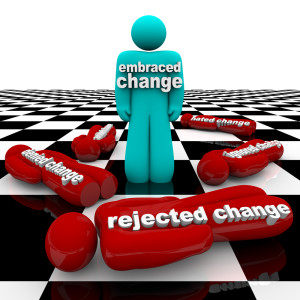






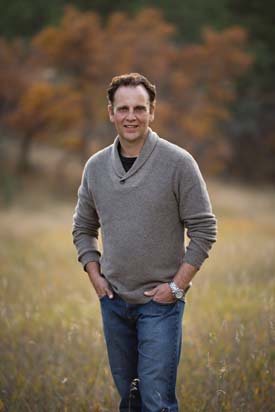


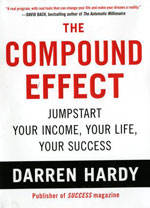
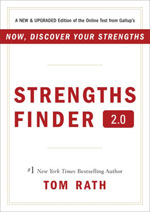
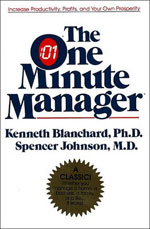
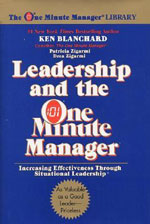
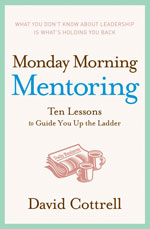
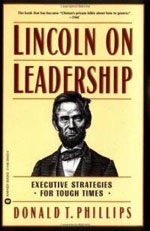
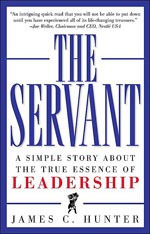
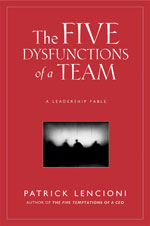
Great post. Among the “Big 5” personality traits, this is called “openness to experience”.